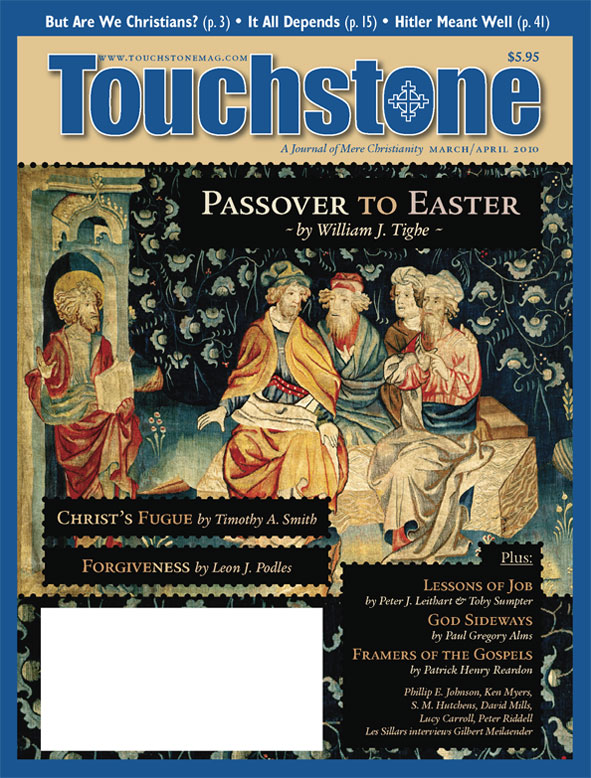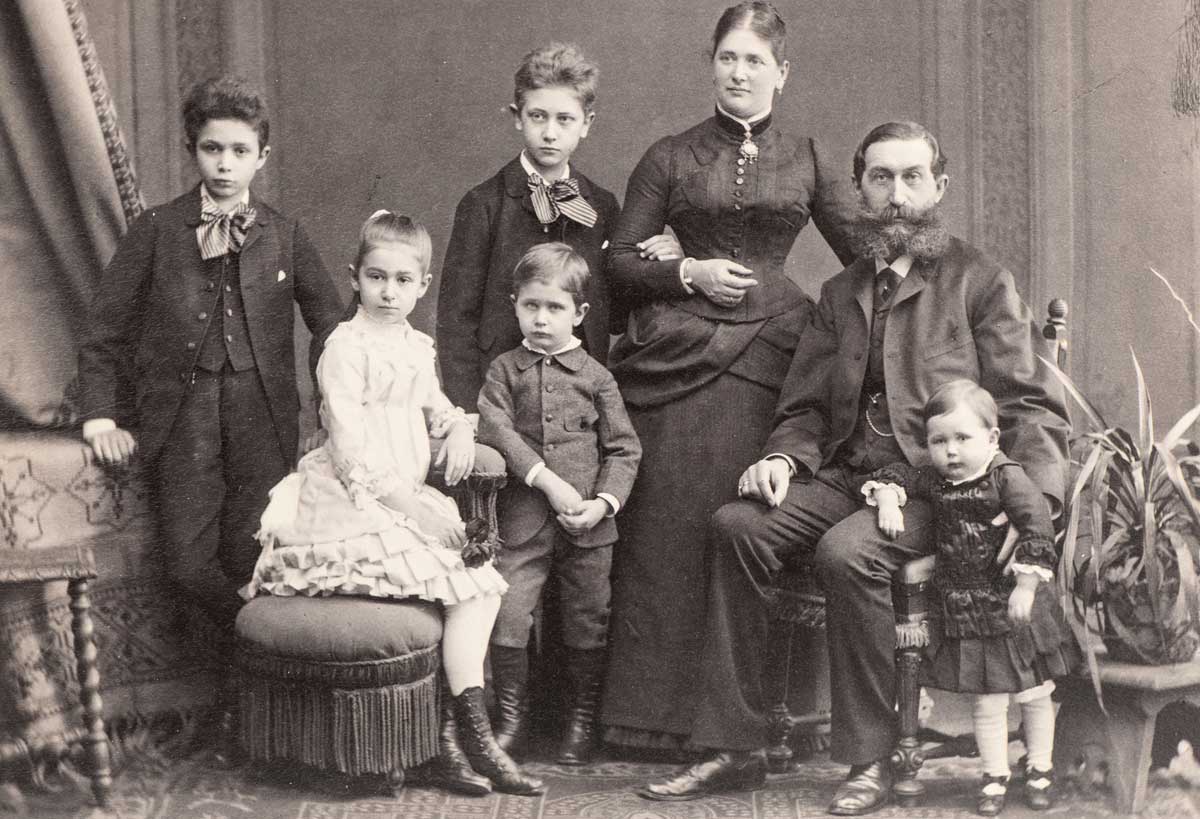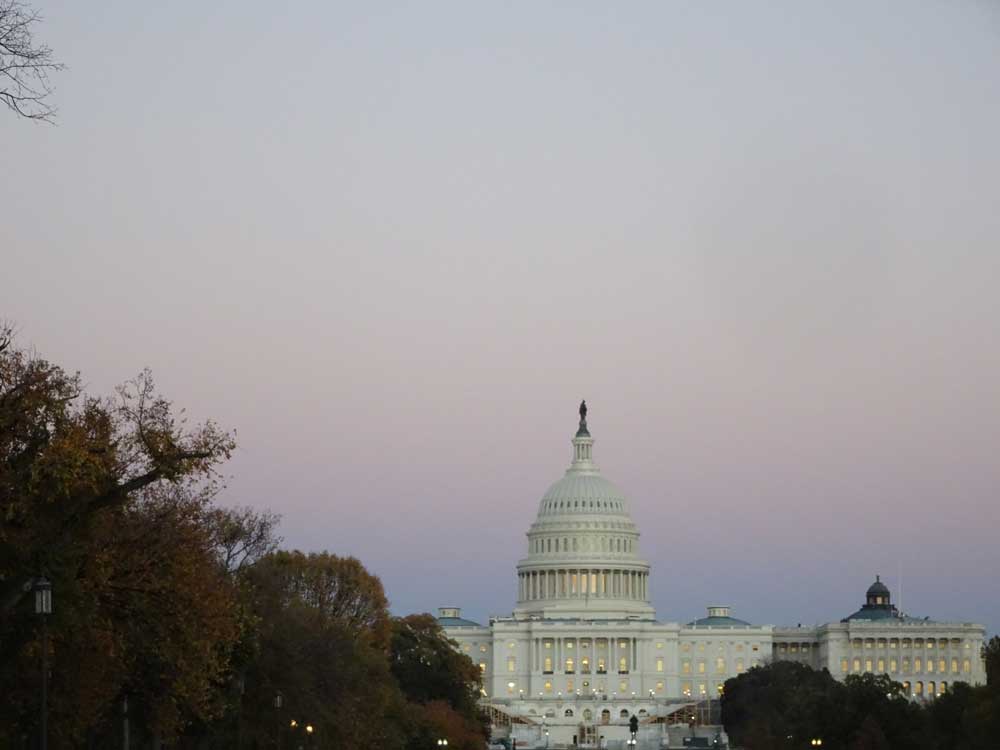Atheist Crusaders
I have read Christopher Hitchens’s book God Is Not Great twice, in preparation for a book I have co-written with Biola University philosopher Dr. John Mark Reynolds. Due to come out this spring, our book is titled Against All Gods: What’s Right and Wrong About the “New Atheism.” Because not all readers may know at once who the new atheists are, I will say that they are a group of very fervent opponents of “religion,” of whom the best known are zoologist and science popularizer Richard Dawkins, Tufts University philosopher Daniel Dennett, and Hitchens.
What is new about these atheists is not their arguments, which will be familiar to anyone who has read the classics of religious skepticism. The new element that has made these writers famous or notorious is their insistence that it is time not just to stop believing in religion, but to stop treating religion with any respect whatsoever.
Hitchens’s book is one of the most readable of the new atheist polemics. Nearly everything he writes is lively and engaging because he is a highly skilled writer and a clever advocate who often brings up points that are worth pondering seriously, along with others that are downright frivolous.
On the frivolous side, Hitchens likes to deflate supposedly great men by calling them “mammals,” but this derisory term brings in the problem of self-reference. While Hitchens never refers to the authorities on his side as “mammals,” reserving that category for those whom he wishes to belittle, it will not escape the reader that if “great men” are only mammals, then so are scientists, including the esteemed Charles Darwin and the not-quite-so-esteemed Richard Dawkins, and so, of course, is Hitchens himself. Which raises the question: Why should we take seriously any speculation by a mere mammal, or even the consensus of mammal opinion, about the origin of its species, no matter how much evidence the mammals imagine themselves to have gathered?
Materialist Priests
Hitchens has two besetting faults: He does not define his terms carefully, and he does not know where to stop. The latter quality was evident in his obsessive efforts to hound Henry Kissinger as a war criminal and to discredit Mother Teresa for her resolute opposition to abortion. Both faults are evident in God Is Not Great. The subtitle of this book is How Religion Poisons Everything, yet Hitchens throws out accusations without bothering to define “religion” or, for that matter, “everything.” (Does the latter include, for example, art, music, and literature?)
Looseness with definitions helps Hitchens blame whatever is wrong with the world on “religion.” Consider his treatment of Communism. Suppose (as is actually the case) that atheistic Communist states are all brutal tyrannies that starve their citizens and deny them basic human rights. One would think that this consistent record of tyranny would show, at the least, that there are some things besides religion that “poison everything.”
But Hitchens sees that Communist states tend to be governed by ideologies that look like religions (however perverted), with their worship of leaders and their sacred texts that cannot be questioned. So he concludes that religion still poisons everything, because any ideology that is toxic is labeled as “religion,” even if, like Communism, it claims to be scientific and vehemently denies the existence of God. And so Christianity is blamed even for the deeds of tyrants who most brutally persecute the Christians.
One point Hitchens makes that I do appreciate is that the worst totalitarianisms often stem from a desire to perfect the human species in this world, under human rulers. And yes, at some times and places, priests have provided ideological justification for utopian projects and oppressive governments. The ideologues of Communism are materialist priests of that sort.
Richard Dawkins and Christopher Hitchens are materialist priests themselves, with their own vision of a perfected world, one in which everyone turns away from God and worships at the altar of human reason. If the true believers in that vision become rulers, I shudder to think how much coercion they would have to employ to achieve the godless society they envision.
Phillip E. Johnson is Professor of Law (emeritus) at the University of California at Berkeley. He is the author of Darwin on Trial, The Wedge of Truth, The Right Questions (InterVarsity Press), and other books challenging the naturalistic assumptions that dominate modern culture. He is a contributing editor of Touchstone.
subscription options
Order
Print/Online Subscription

Get six issues (one year) of Touchstone PLUS full online access including pdf downloads for only $39.95. That's only $3.34 per month!
Order
Online Only
Subscription

Get a one-year full-access subscription to the Touchstone online archives for only $19.95. That's only $1.66 per month!
bulk subscriptions
Order Touchstone subscriptions in bulk and save $10 per sub! Each subscription includes 6 issues of Touchstone plus full online access to touchstonemag.com—including archives, videos, and pdf downloads of recent issues for only $29.95 each! Great for churches or study groups.
Transactions will be processed on a secure server.
more from the online archives

15.6—July/August 2002
Things Hidden Since the Beginning of the World
The Shape of Divine Providence & Human History by James Hitchcock
calling all readers
Please Donate
"There are magazines worth reading but few worth saving . . . Touchstone is just such a magazine."
—Alice von Hildebrand
"Here we do not concede one square millimeter of territory to falsehood, folly, contemporary sentimentality, or fashion. We speak the truth, and let God be our judge. . . . Touchstone is the one committedly Christian conservative journal."
—Anthony Esolen, Touchstone senior editor









